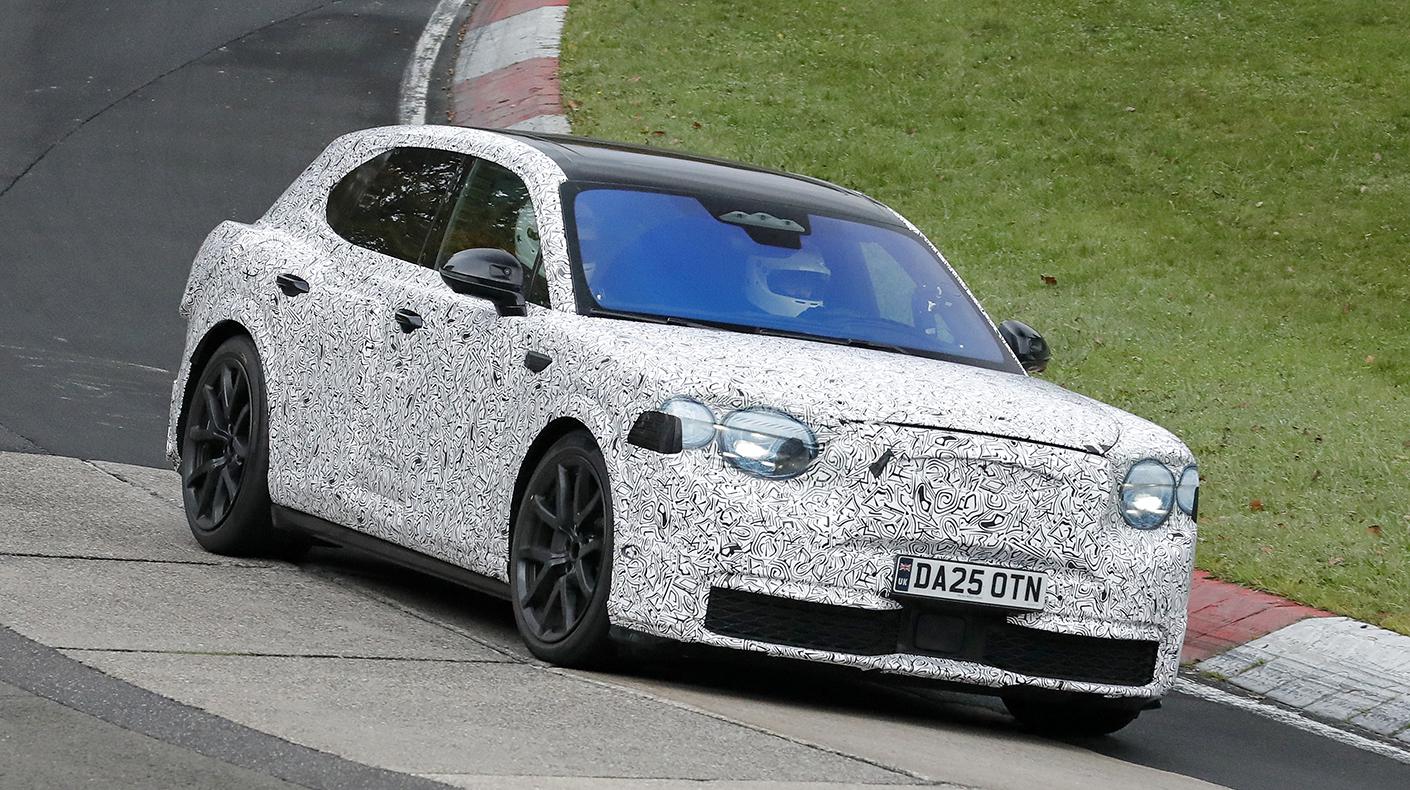SEMA submitted comments to the U.S. Environmental Protection Agency (EPA) urging regulators to control carbon dioxide (CO2) tailpipe emissions through the Corporate Average Fuel Economy (CAFE) standards. SEMA opposed the establishment of a separate program under the Clean Air Act. In 2007, the EPA was directed by the U.S. Supreme Court to consider how best to regulate CO2 and other greenhouse gases.
SEMA noted that the CAFE standards already encompass CO2 emissions since CO2 is emitted in direct proportion to the amount of fossil fuel (gasoline, diesel, etc.) burned. In fact, the EPA already recognizes the direct relationship between CO2 emissions and CAFE. In 2007, the EPA denied California’s waiver request to regulate CO2 emissions from automobiles based, in part, on the tie between CO2 emissions and the CAFE standards.
The EPA noted that under a 2007 federal energy law, a 40% increase in the CAFE standards by 2020, along with increased use of renewable fuels, would achieve greater greenhouse gas savings than the California program. SEMA actively supported the 2007 increase in the CAFE standards.
A number of SEMA-member companies manufacture products that increase fuel economy and reduce vehicle emissions, and the increase was viewed as tough, fair and attainable.
With respect to domestic policy on all sources of greenhouse gases, SEMA urged one comprehensive national approach to regulation rather than competing and potentially contradictory state and local standards.
For more information or a copy of SEMA’s comments, contact Stuart Gosswein: stuartg@sema.org.





